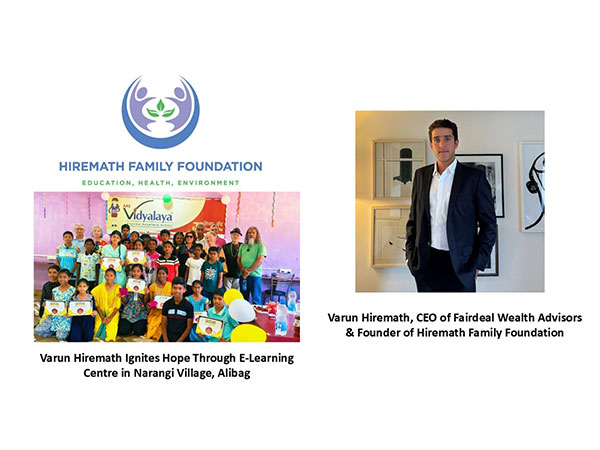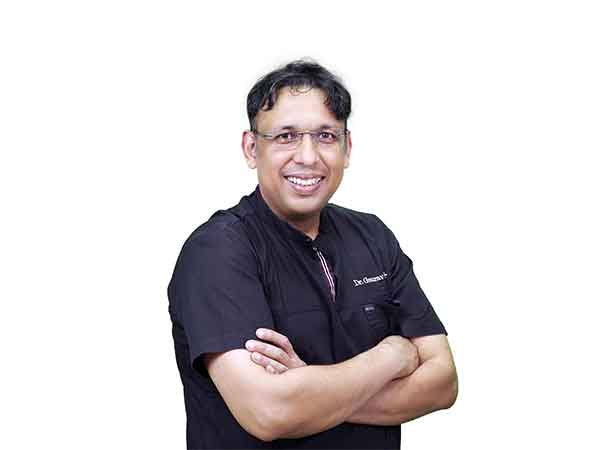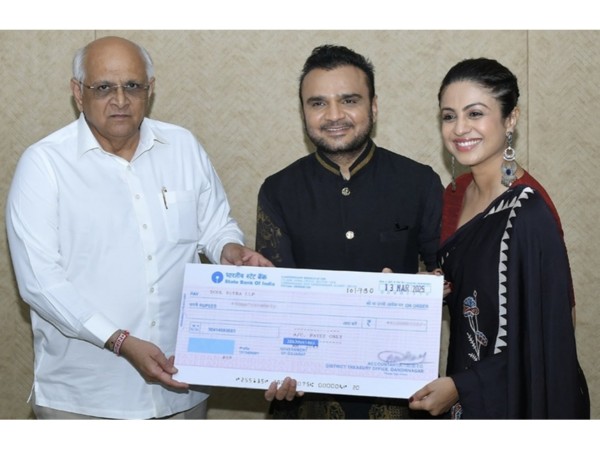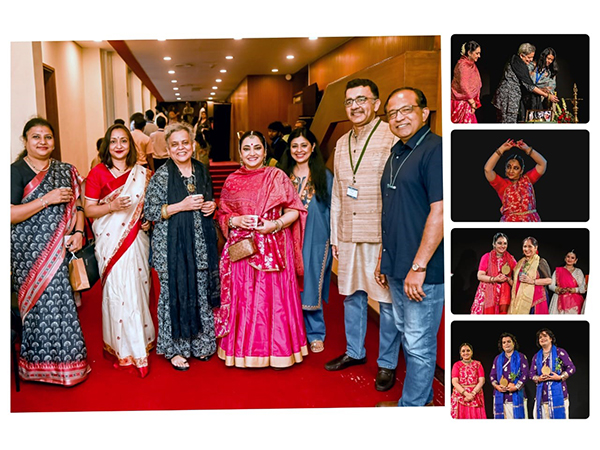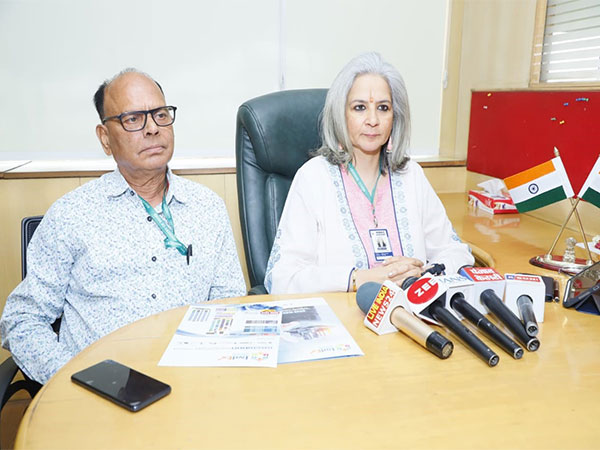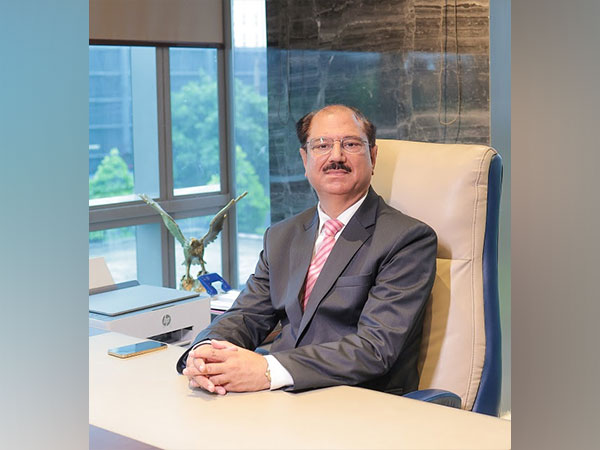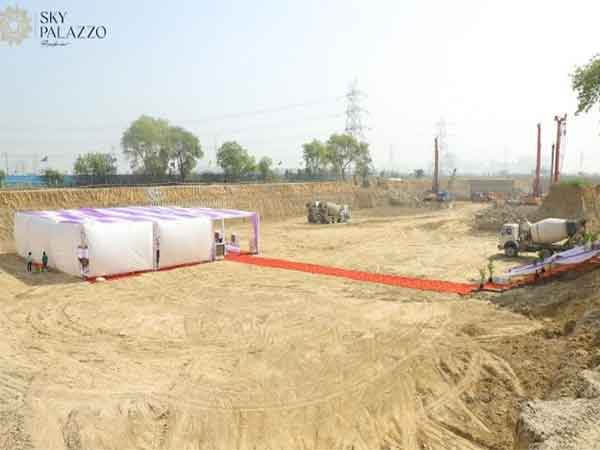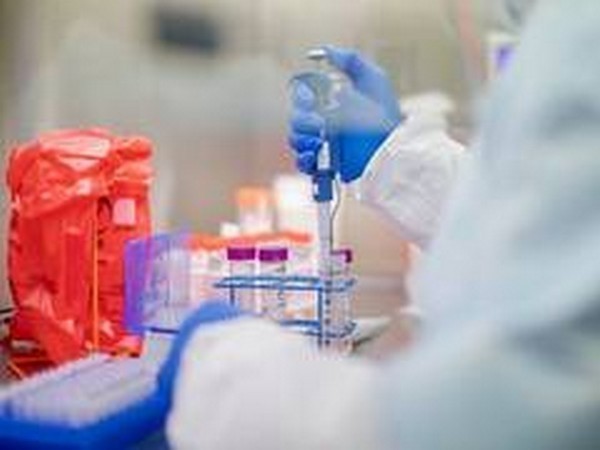
New cases above 1,600 amid 4th wave of pandemic; toughest curbs in wider Seoul extended
Jul 23, 2021
Seoul (South Korea), July 23: South Korea's daily new coronavirus cases dropped Friday from the previous day's all-time high, but authorities extended the toughest virus curbs in the wider Seoul area to curb a further rise in new infections.
The country added 1,630 COVID-19 cases, including 1,574 local infections, raising the total caseload to 185,733, according to the Korea Disease Control and Prevention Agency (KDCA).
The latest figure was down from a record high of 1,842 on Thursday when 270 patients from a virus-hit Cheonghae naval unit were counted as imported cases.
The daily caseload has remained above the 1,000 threshold since July 7 due to the resurgence in the greater Seoul area, and the coronavirus has been spreading across the nation with increased activities in the summer season and the fast rise of the highly contagious delta variant.
The country added three more COVID-19 deaths, raising the death toll to 2,066
The nation is in an uphill battle against the worst wave of the pandemic with a rising proportion of patients in their 20s, 30s and 40s whose transmission routes are unknown as the vaccination rollout has mostly focused on the elderly population, medical staff and social service workers.
Earlier in the day, the government extended the highest level of the four-tier distancing measures in the Seoul metropolitan area, the virus epicenter, for another two weeks beginning Monday until Aug. 8.
The semi-lockdown measures ban gatherings of more than two people after 6 p.m., place a 10 p.m. curfew on restaurants and cafes, and ban on nightclubs and other entertainment venues.
Interior Minister Jeon Hae-cheol said the government decided to extend the stringent virus measures due to a sharp rise in new cases across the nation.
"To put a brake on virus transmissions, we have no other option but to reduce private gatherings and movement," Jeong said during a pan-government meeting on the COVID-19 response.
The non-capital area has also witnessed rising infections over the past week to account for over 30 percent of the total, prompting authorities to limit gatherings of more than four people across the nation.
As the summer holiday season nears, provincial governments began adopting stronger antivirus measures in major tourism spots to prevent virus transmissions among incoming travelers.
Authorities expressed concerns over the highly contagious delta variant, which has fast become the nation's dominant variant by taking up 76 percent of 1,255 locally transmitted variant cases over the past week.
The government urged a major umbrella labor group to scrap its plan to stage rallies in Wonju, about 140 kilometers east Seoul, on concerns of potential infections from the gatherings.
The Korean Confederation of Trade Unions (KCTU) said about 1,000 members will go ahead with the protest in the city later in the day to support a walkout of unionized workers of the National Health Insurance Service's call center.
The KCTU said it will divide the participants into smaller groups to comply with the Level 2 social distancing guidelines in Gangwon Province, but authorities have warned of strong actions against those who violate virus rules.
The umbrella union has come under criticism for holding a massive rally in downtown Seoul on July 3 with about 8,000 attendants despite government's repeated warnings. Police have booked 23 KCTU members for allegedly violating quarantine regulations during the rally.
A total of 1.66 million people, or 32.6 percent of the country's population, have received their first shots of COVID-19 vaccines, and 6.7 million people have been fully vaccinated, the KDCA said.
Of the newly confirmed domestic cases, 516 were from Seoul, 403 from the surrounding Gyeonggi Province and 90 from the western port city of Incheon.
The southeastern port city of Busan and the surrounding South Gyeongsang Province reported 115 and 93, respectively, as more people tested positive after going to bars and other entertainment venues.
There were 43 imported cases, with 10 from Uzbekistan and nine from Kazakhstan.
The total number of people released from quarantine after making full recoveries was 164,206, up 1,133 from a day earlier.
The number of patients in critical condition came to 227, up nine from the previous day.
Source: Xinhua

